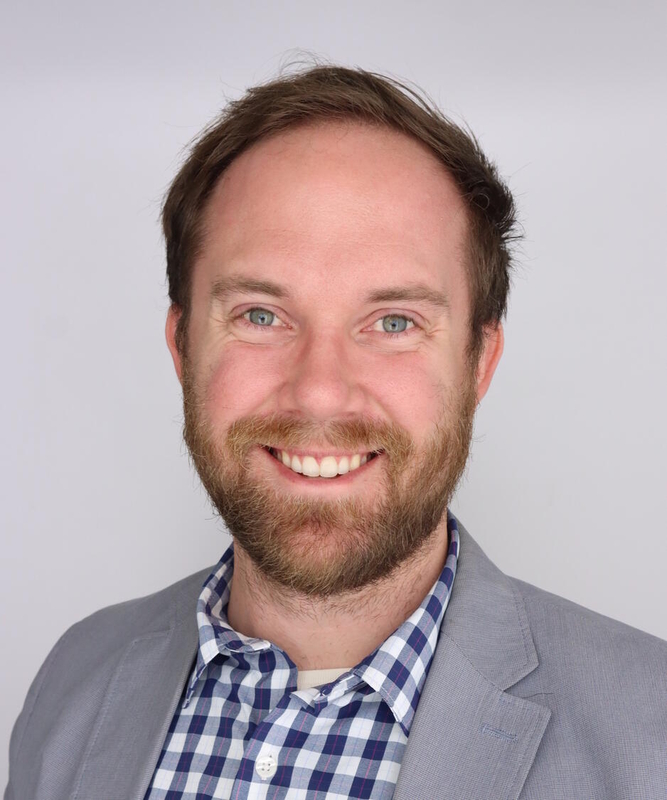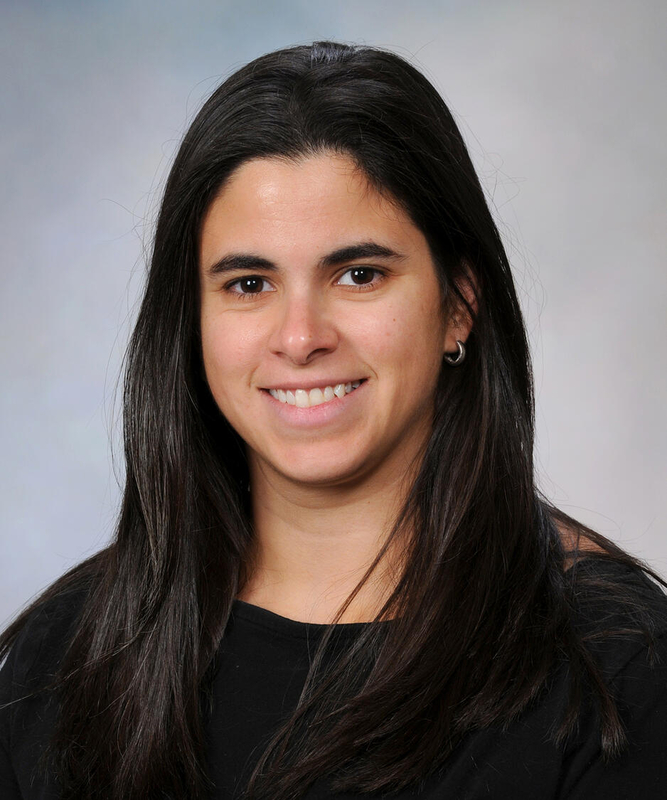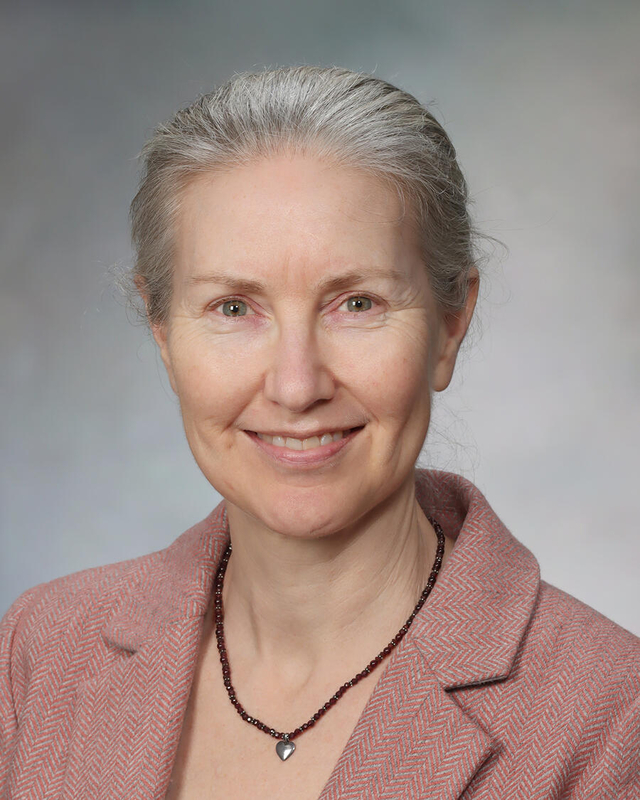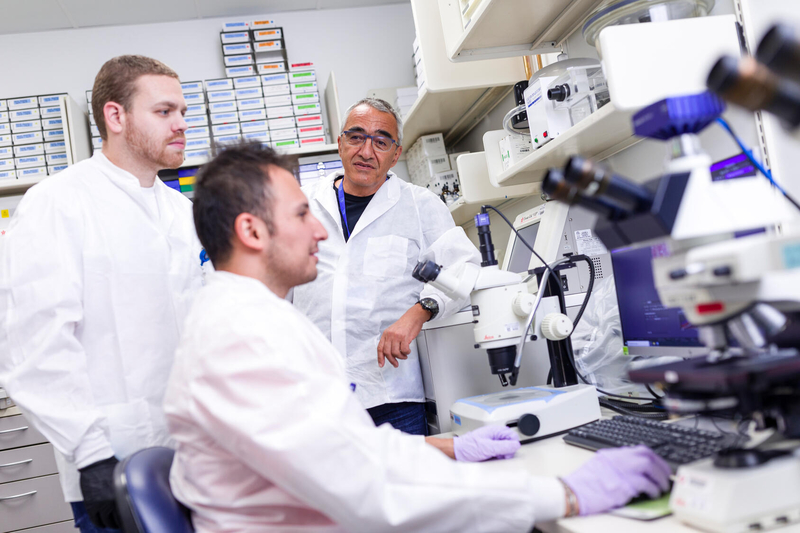
Grant Writing in the Sciences
Self-Paced Online
12/8/2025 - 12/7/2028
$200
7 Hours
This course aims to provide a basic primer on grant writing including learning about available resources, strategies, and approaches for developing grants, along with developing skills in grant planning and preparation.
Summary
This course will help you develop perspectives and learn about available resources and strategies. The course consists of approximately 7 hours of self-paced online materials.
Learning Objectives
At the end of this course, learners will be able to:
- Identify different types of NIH grants and match projects to appropriate types.
- Describe the general steps for preparing and submitting an NIH grant.
- Explain how NIH grant applications are reviewed and scored.
- Understand the purpose of the Specific Aims page and begin drafting their own.
- Describe the role of preliminary data and the biosketch in an application.
- Recognize the importance of scientific rigor and collaboration in grant success.
- Consider approaches for resubmission based on critiques of unfunded applications.
Access to this online course is available from the date of purchase until it expires on 12/7/2028.
This is an online self-paced course that can be completed in approximately 7 hours.
- The Big Picture
- Types of NIH Grants
- Procedures for Preparing and Submitting an NIH Application
- Resources and Approaches to Knowing Your Field
- Research Integrity and Review
- How Grants are Scored
- Scientific Rigor and Protection of Subjects
- Developing a Budget for an NIH Grant
- How to Complete the NIH Other Support
- Planning and Writing Specific Aims
- Planning and Writing Specific Aims
- Specific Aims Example: Basic/Translational Science
- Specific Aims Example: Behavioral Science
- Optional Learning
- Preliminary Data
- The NIH Biosketch
- Mentorship, Fellowship Applications, and Team Science
To complete this course, you must review all content in modules 1-3, achieve a score of 80% or higher on the summative exam, and complete all required surveys. You will be awarded a certificate you can download or print upon fulfilling these requirements.
This course is intended for those who want or need to develop perspectives and learn about available resources and strategies for writing scientific grants. Understanding the process of writing a grant is valuable for a variety of career paths, such as:
- A researcher competing for grants
- A grant reviewer
- A co-worker to others who write grants
- A proposal writer for a non-profit organization or company
Learner Testimonials:
“The NIH-focused approach was the best part. The course trained on the highest standard like NIH that gives us confidence to apply for any grant body.” “1. Loved how practical the class is. 2. As a beginner in the field, the course gave me a fair idea about what needs to be kept in mind while writing a grant and what 'scoring criteria' are used while deciding the funding.”
“This course provided practical, step-by-step guidance to grant writing and to developing competitive research proposals for funding. In particular, it helped us gain insights on the importance of aligning research objectives with funding priorities, and ensuring that the research idea on the proposal is stated in a clear and succinct way, while the writing style is convincing.”
“This course helped me broaden my understanding of the different components of a grant application, the requirements related to their content, as well as some of the key elements that distinguish a competitive grant application that is likely to get funded from applications that are less likely to succeed in getting funded.”
“What I found most valuable about this grant writing course was the comprehensive coverage of both the theoretical and practical aspects of grant writing. The course effectively bridged the gap between understanding the fundamentals of grant proposals and applying this knowledge to real-world scenarios.”
 |
Mark E. Sherman, M.D.Consultant, Division of Epidemiology, Department of Quantitative Health SciencesConsultant, Department of Cancer BiologyProfessor of EpidemiologyProfessor of Laboratory Medicine and PathologySince joining Mayo Clinic, Dr. Sherman has earned three R01s as an MPI, a Level III Partnering PI grant from the Department of Defense, a Fulbright Scholar,ship and a Komen Tissue Bank award. With an H-score over 100, Dr. Sherman has published more than 500 manuscripts. |
 |
Brandon J. Coombes, Ph.D.Assistant Professor of BiostatisticsThe research of Brandon J. Coombes, Ph.D., focuses on the genetics of complex diseases, particularly in psychiatric disorders such as opioid use disorder, alcohol use disorder, bipolar disorder, depression and anxiety. |
 |
Laura Pacheco-Spann, D.H.Sc., M.S., M.S.M.Senior Program CoordinatorDr. Pacheco-Spann is a Senior Program Coordinator for the Department of Quantitative Health Sciences (QHS) in Florida. Dr. Pacheco-Spann has managed and directed more than one hundred protocols approved by the Institutional Review Board and assisted in developing and awarding federally funded grants. Dr. Pacheco-Spann is a member of the Quantitative Health Sciences Executive Committee, High Dimensional Phenotyping Lab, QHS Communications Committee, QHS Web Committee, and Florida Sustainability Subcommittee. |
 |
Christi A. Patten, Ph.D.Professor of PsychologyThe research of Christi A. Patten, Ph.D., focuses on developing novel, theory-based behavioral interventions for tobacco cessation. Key areas include tobacco cessation interventions for adolescents and smokers with psychiatric comorbidity, social support and smoking cessation, community-based participatory research to reduce health disparities among underserved populations, and National Institutes of Health (NIH)-funded intervention programs to reduce tobacco disparities among Alaska Native adolescents and pregnant women. |
 |
Evette S. Radisky, Ph.D.Professor of Cancer BiologyProfessor of PharmacologyEvette S. Radisky, Ph.D., has a research background in protein biochemistry and structural biology. Her research interests include many aspects of cancer biology, including the role of proteases in tumor progression and metastasis. |
 |
Robert A. Vierkant, M.S.Assistant Professor of BiostatisticsAs a consulting statistician, Mr. Vierkant collaborates with many investigators in the Mayo Clinic Department of Surgery, Comprehensive Cancer Center and Center for Individualized Medicine (CIM). Current research activities include overseeing many of the statistical efforts for the Mayo Clinic Tapestry study, identifying and assessing breast cancer-related biomarkers, developing risk prediction models, and collaborating with Department of Surgery investigators on clinical research projects. |
Accessibility
Mayo Clinic College of Medicine and Science strives for fully accessible learning experiences. If you need disability-related accommodations, please contact the Office of Wellness and Academic Support – Disability Access Services at MCCMS.DS@mayo.edu or submit the Accommodation Request form.
Frequently Asked Questions
Who is the intended audience for this course?
This course is intended for those who want or need to develop perspectives and learn about available resources and strategies for writing scientific grants.
Is the course geared toward participants internal to Mayo?
The content of this course is geared toward participants both internal AND external to Mayo Clinic.
Is a certificate issued upon completion of the course? If so, what kind?
Attendees will receive a certificate of participation.
Is there a discount for Mayo Clinic employees?
Yes, we are pleased to offer this course at a reduced cost to Mayo employees. Mayo employees should click Login along the top navigation and click on the Mayo Clinic Employee Sign in button. Next, navigate to the course page. The reduced price will be displayed at the bottom of the page. The reduced price will also display when the course has been added to the shopping cart.



